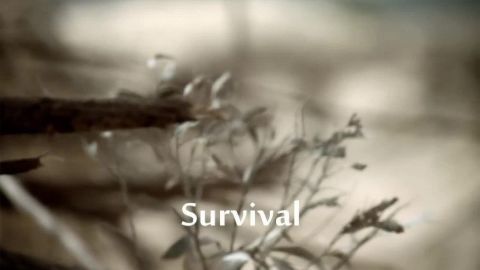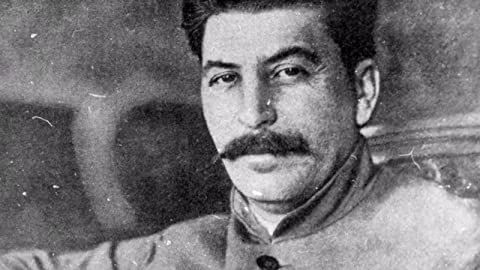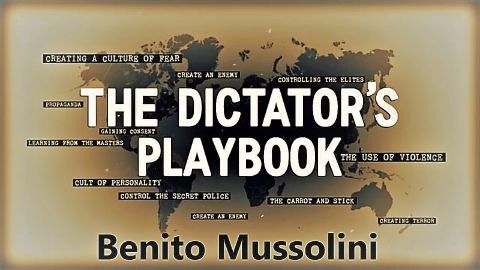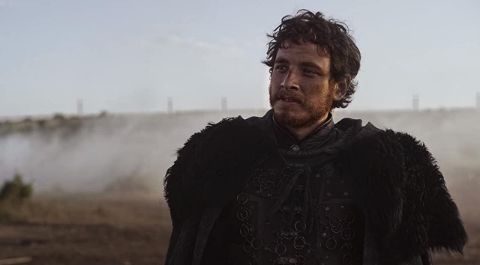Age of Industry • 2012 • episode "S1E7" • Andrew Marr's History of the World
Andrew Marr sets off on an epic journey through 70,000 years of human history. Using dramatic reconstructions, documentary filming around the world and cutting-edge computer graphics, he reveals the decisive moments that shaped the world we live in today, telling stories we thought we knew and others we were never told. (Part 7: Age of Industry) Andrew Marr tells how Britain's Industrial Revolution created the modern world. The old agricultural order of aristocratic landowners, serfs and peasant farmers was replaced by a new world of machines, cities and industrialists. Across the world, many resisted this sweeping change. From China to America, Russia to Japan, bitter battles were fought between the modernisers and those who rejected the new way of life. In Europe, new industrial powers competed with each other to create vast empires which dominated the world. But this intense competition would lead to the industrial-scale slaughter and destruction of the First World War.
Make a donation
Buy a brother a hot coffee? Or a cold beer?
Hope you're finding these documentaries fascinating and eye-opening. It's just me, working hard behind the scenes to bring you this enriching content.
Running and maintaining a website like this takes time and resources. That's why I'm reaching out to you. If you appreciate what I do and would like to support my efforts, would you consider "buying me a coffee"?
Donation addresses
BTC: bc1q8ldskxh4x9qnddhcrgcun8rtvddeldm2a07r2v
ETH: 0x5CCAAA1afc5c5D814129d99277dDb5A979672116
With your donation through , you can show your appreciation and help me keep this project going. Every contribution, no matter how small, makes a significant impact. It goes directly towards covering server costs.












